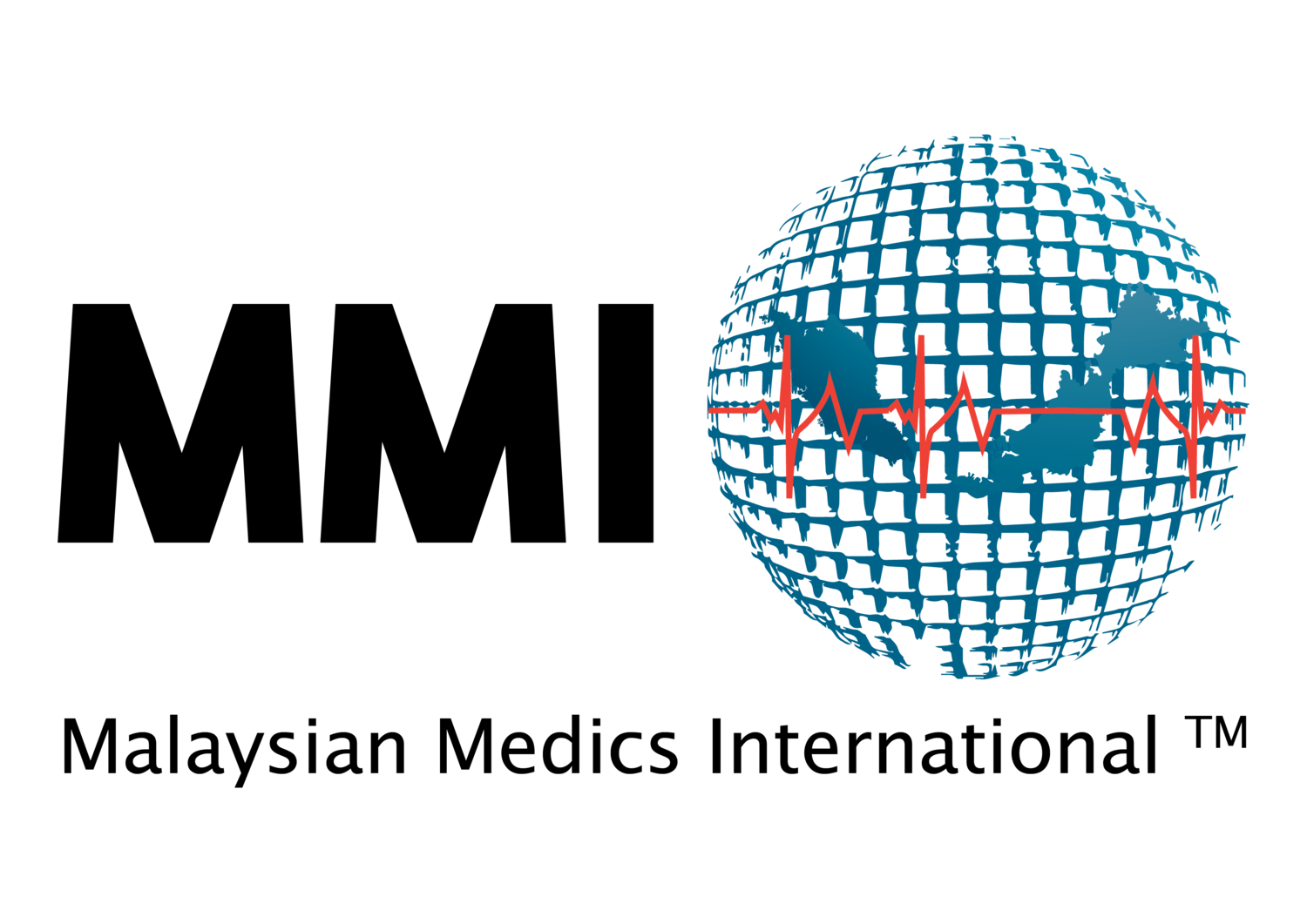“Depression took everything out from my heart, rendering it empty especially in my darker moments…….”
Humans of Medicine #29
Trigger warning: The following article contains elements of depression and suicidal thoughts which some may find disturbing.
This publication is in conjunction with MMI’s Healing the Healer Campaign. Information regarding the project can be found at @mmi_social on Instagram.
We often hear a lot about people who have committed suicide, but don’t have as many conversations about those who are still suffering. I grew up in a very normal, loving family. Judging from my usual, bubbly personality, people are often surprised and few even are in disbelief when I tell them I have depression. In our imperfect attempt to understand depression, we build a box of preconceptions. We assume it happens because of a very sad situation. We may expect them to look a certain way. To look, well, depressed. And pathetic.
My reality, and likely that of many others diagnosed with depression, exists outside that box. And to my knowledge: I do not look ‘pathetic’.
I was diagnosed with severe depression in my second year of medical school and prescribed antidepressants and antipsychotics. In this challenging period of my life, I recalled wondering how it was that people could wake up in the morning and feel ready and excited to start the day. I simply could not. I found no motivation to get out of bed in the morning and felt no excitement about attending my lectures. The mere thought of having to face people exhausted me. Many days, I’d just put on a mask and claim to be sick to save myself the hassle of interacting with others.
I never felt the need to hide my depression, but when my peers unwittingly discovered that I have depression, I was flooded with the barrage of tiresome, awkward questions. TIll date, I am still struggling to answer them comfortably. “Why do you have depression?” If I ever knew why I had depression, I would not have struggled with it for so long now, would I?
The first depressive symptom that alarmed me was when I started cutting myself. I chose to cut myself because I was in immense pain; I felt helpless about it, and the only way to distract myself from the pain that my heart, or my mind was experiencing, was by physically inflicting pain onto myself. One day, what I now believe was a dissociative episode, I found myself on the balcony of my 16th floor apartment, riddled with suicidal thoughts. The sheer height, and a deep, unsettling feeling bewildered me, and just like that, I returned to the reality I hadn’t noticed I had disconnected from.
I reached out to my university counsellor and she immediately sent me to Permai Hospital, one of the few mental institutions in Malaysia, and that was when I was diagnosed with severe depression. A clinical diagnosis seemed to rewrite my identity as a medical student. I was labeled as the one with ‘mental issues’ and it allowed space for others to doubt my competence in carrying out my duties. My actions were closely scrutinised and I felt pressure to present myself as an impeccable being. Any flaw in my character would be trialled and dismissed as my ‘mental illness’ acting up.
The journey to recovery itself was a punishment. At one point, I was advised to get myself admitted to the psychiatric ward for more intense treatment. Being admitted into the psychiatric ward would mean I’d be placed on a university hearing and potentially have my studies terminated. The penalty of recovery loomed overhead. I understood the severity of the situation, and it is fair for any university to want to closely consider whether a student with clinical depression is truly, sufficiently prepared to continue their duties. My fear of possibly being asked to leave medical school led to me rejecting admission into the psychiatric ward and a long journey of coping with depression via antidepressants at home.
For me, depression took everything out from my heart, rendering it empty especially in my darker moments. Then as I recovered, I found the power to take back and fill my heart with only the things that mattered to me.
I exist today as a medical student who was diagnosed with severe depression, and overcame it with the support of my university, family, and friends. Ultimately, the main contribution to my recovery was made by myself. Though I wish I had a list of services and platforms to share with readers experiencing a similar situation, my truth turned out to be that I was the one who pulled myself through this.
About the author
Interviewed and written by Ooi Yen Ming. Yen Ming is a first-year medical student who enjoys all conversations but takes a particular delight in the unusual. She is well-spoken, gentle, and calm— except when she’s panicking.
Consent has been obtained from the interviewee for the purpose of this publication. The author has rewritten the article with permission from the interviewee.
Humans of Medicine is a new initiative under MMI. We tell inspiring stories behind portrait shots of our everyday unsung heroes. Curated by Malaysian medical students from home and abroad.
If you have a story you would like to share, please reach out to us at admin@malaysianmedics.org.


